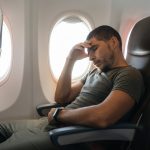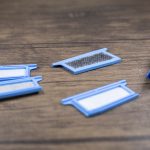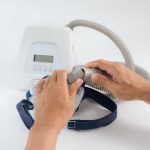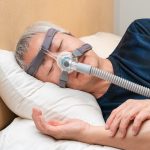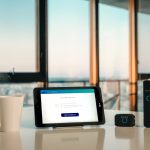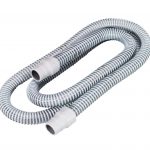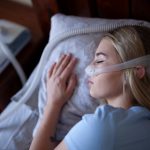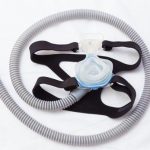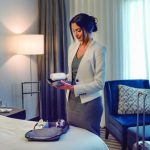What are the Options for Sleep Studies, and Which is Best for Me?
Posted by Dr. Amy Bender
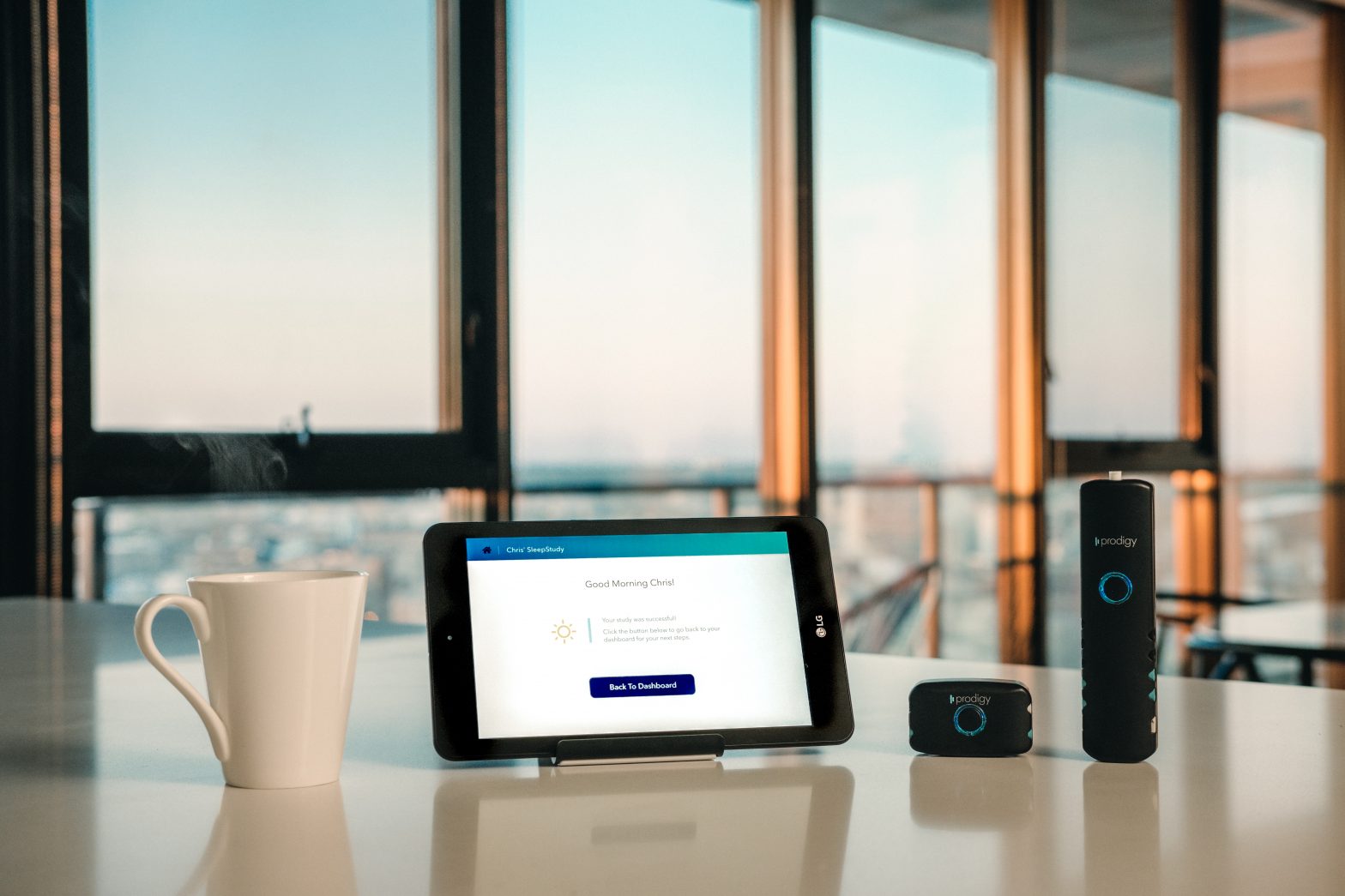
It is all too common to feel tired and unrefreshed during the day, and many of us will at some point complain of fatigue and poor sleep to our doctor. Upon being told, your doctor will likely consider referring you for a sleep study, and while they’ll be able to advise you on the options available, it isn’t always clear which is right for you. While all sleep study types may be useful in the right application, to assess which is the most appropriate largely depends on what your complaints involve, your medical history, and more immediate factors such as cost and wait time.
The gold standard of sleep testing to date has been the in-lab attended polysomnogram (PSG) – also known as a ‘Level 1’ study. In addition to collecting the most information, in-lab PSGs are attended by sleep technologists who make notes on anything significant that occurs during the study and help ensure the equipment continues to work throughout the night. A sleep specialist will then interpret the study information, diagnose any disorders and consult with you about treatment.
While the relative attractiveness of the sleep lab can vary from province to province due to availability and cost, one consistent drawback is the discomfort of the equipment and sleeping environment.
During a Level 1 study, there are many wires and components required to capture all aspects of sleep, and while the benefit is significant in terms of information collected, unless one is severely sleep-deprived it may be challenging to fall asleep in such circumstances. In addition, the unfamiliar environment may not produce an accurate representation of how you sleep at home. Other potential downsides to lab studies include waiting time and cost.
Every province in Canada will provide a free lab study at public hospitals, though the wait times for these studies are often the longest for this reason, even up to two years in some provinces. Most provinces have a priority system that will reduce wait times for more urgent patients. In BC and Ontario, private facilities are licensed by the province to provide a lab test with no cost to the patient, while in Quebec and Alberta private labs will offer a study for a substantial fee. A full list of public and private sleep studies available across the provinces can be found beginning on page 12 of this report. It should be noted that if you have other underlying health conditions such as COPD, neuromuscular disorders such as Multiple Sclerosis or ALS, or congestive heart failure, an in-lab PSG is highly recommended. Similarly, lab PSGs are recommended if you or your bed partner suspect you are experiencing a more complex sleep disorder such as narcolepsy or REM Behaviour Disorder.
The most common type of sleep study in Canada is the Home Sleep Apnea Test (HSAT) or ‘Level 3 study’, which is widely available in most provinces.
The benefits of this type of study include easy setup, far greater comfort than a lab study, home-based, no wait time, and low cost. All benefits are countered by the one major drawback of this type of test – lack of information, including on sleep itself. These tests measure only breathing and oxygen levels, snoring, and body position (sleep apnea is typically worse on your back) and identify the number of apnea-related events that occur per hour. There are a few reasons why this isn’t ideal; first, sleep quality can be variable even in the presence of sleep apnea. Poor sleep quality or quantity – even when there’s no sleep apnea – is cause for concern, with potential impacts on physical, mental, and emotional functioning. Without the information on sleep quantity and quality, it is difficult for a sleep doctor to truly understand what is happening with your sleep beyond whether or not you have sleep apnea. Even then, Level 3 tests have the potential to underestimate sleep apnea severity in some patients. Some insurers for CPAP devices require a diagnosis of moderate sleep apnea (15 events per hour) or higher to provide coverage, so it is important to get an accurate reading of your sleep apnea severity.
A third, less common type of sleep study is something of a hybrid between the other two and consists of an in-home unattended polysomnogram, otherwise known as a ‘Level 2’ study. Previously, these studies were typically done by having the patient go to the clinic to be wired up to the equipment before heading home to take the study; the reason for this was a practical one, as it is a lot to expect for you to set up so much equipment yourself. Recent advances in technology however have allowed device manufacturers to develop Level 2 equipment that may be applied yourself with little chance of error.
Remologie is now offering a Level 2 study in Manitoba and Ontario, developed by Cerebra Health, a Winnipeg company (full disclosure, I work for Cerebra). This device, called the Prodigy Sleep System, has instructional videos and user-friendly setup to allow it to easily be self-applied. This affords the opportunity to gain similar information as a sleep lab PSG, but with less discomfort, and from your own bed. The wait time is also reduced to days as opposed to months (or even years), which offers a quick turnaround time for your results and treatment program.
In addition, the study provides a unique analysis of your brain wave activity to determine the most accurate assessment of the quality of your sleep which is not currently available except through Prodigy. The primary downside of the Level 2 study is its slightly higher price point than the Level 3 — particularly in provinces where the Level 3 study is free. As noted earlier, if you have other health conditions or believe you have a more complex sleep disorder, an in-lab PSG is recommended as opposed to a Level 2.
Finally, a note on wearable technologies such as sleep trackers. While they are improving and can provide some general guidance, they are not equivalent to measuring brain wave activity and remain limited in the breadth and depth of information they can provide. They are not yet comprehensive enough for clinical diagnosis, and should not be used in place of a clinical sleep study – whether Level 1, 2, or 3.
This overview is meant as general guidance for Canadians to help in understanding the pros and cons of the sleep study options available; whenever possible, consulting with a sleep professional such as a sleep doctor is always the best option for determining which study is best for you, given your unique situation.



